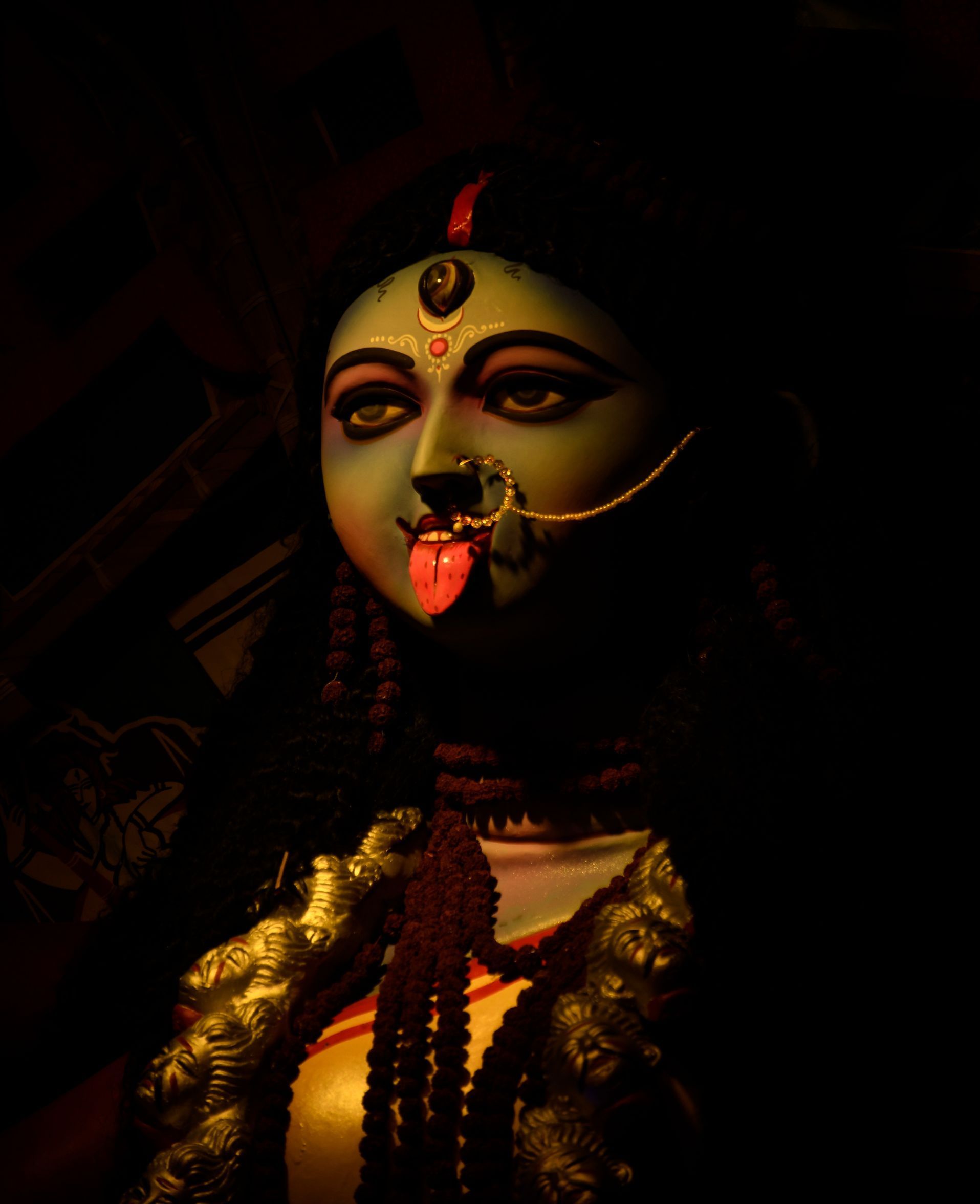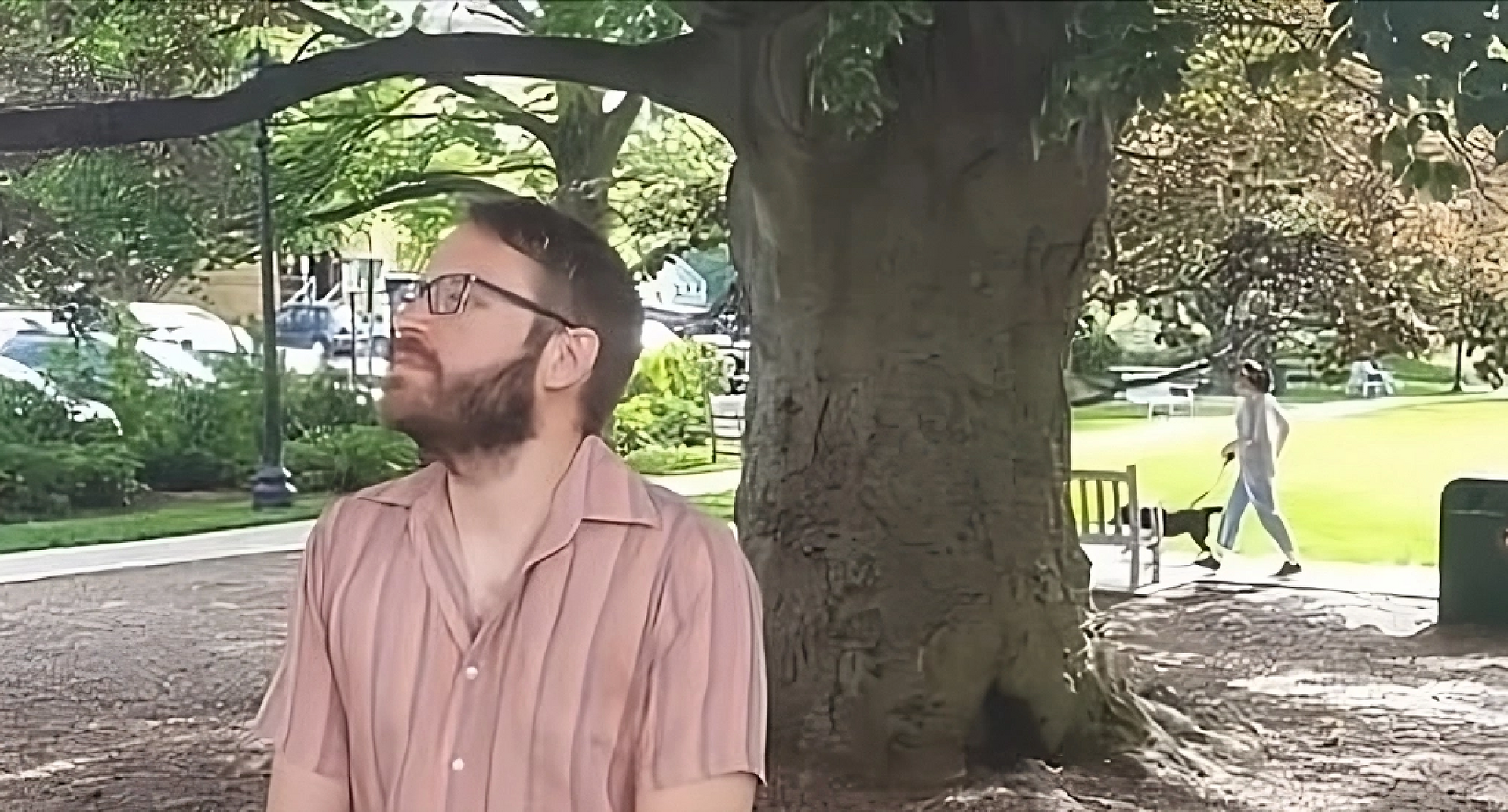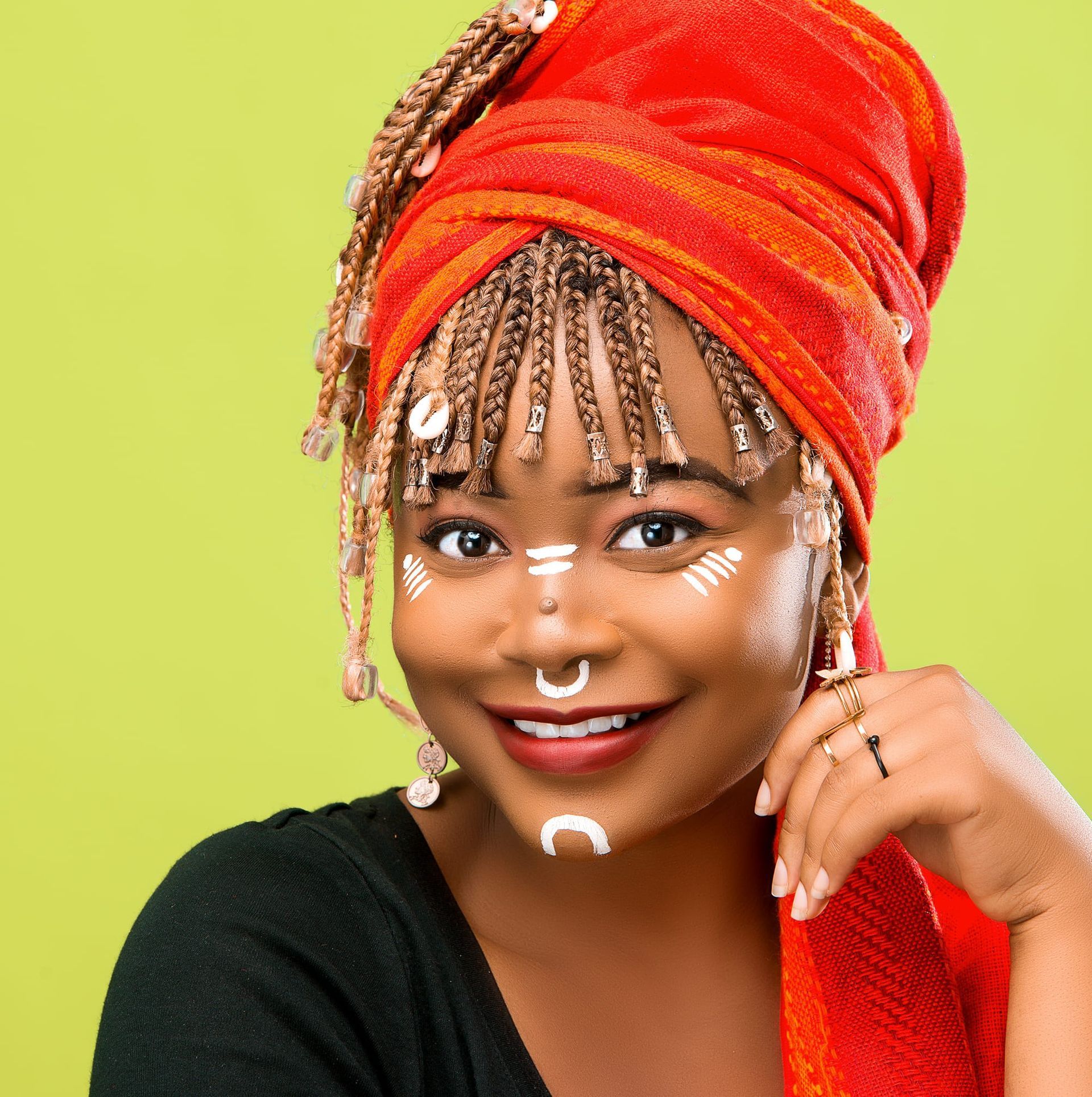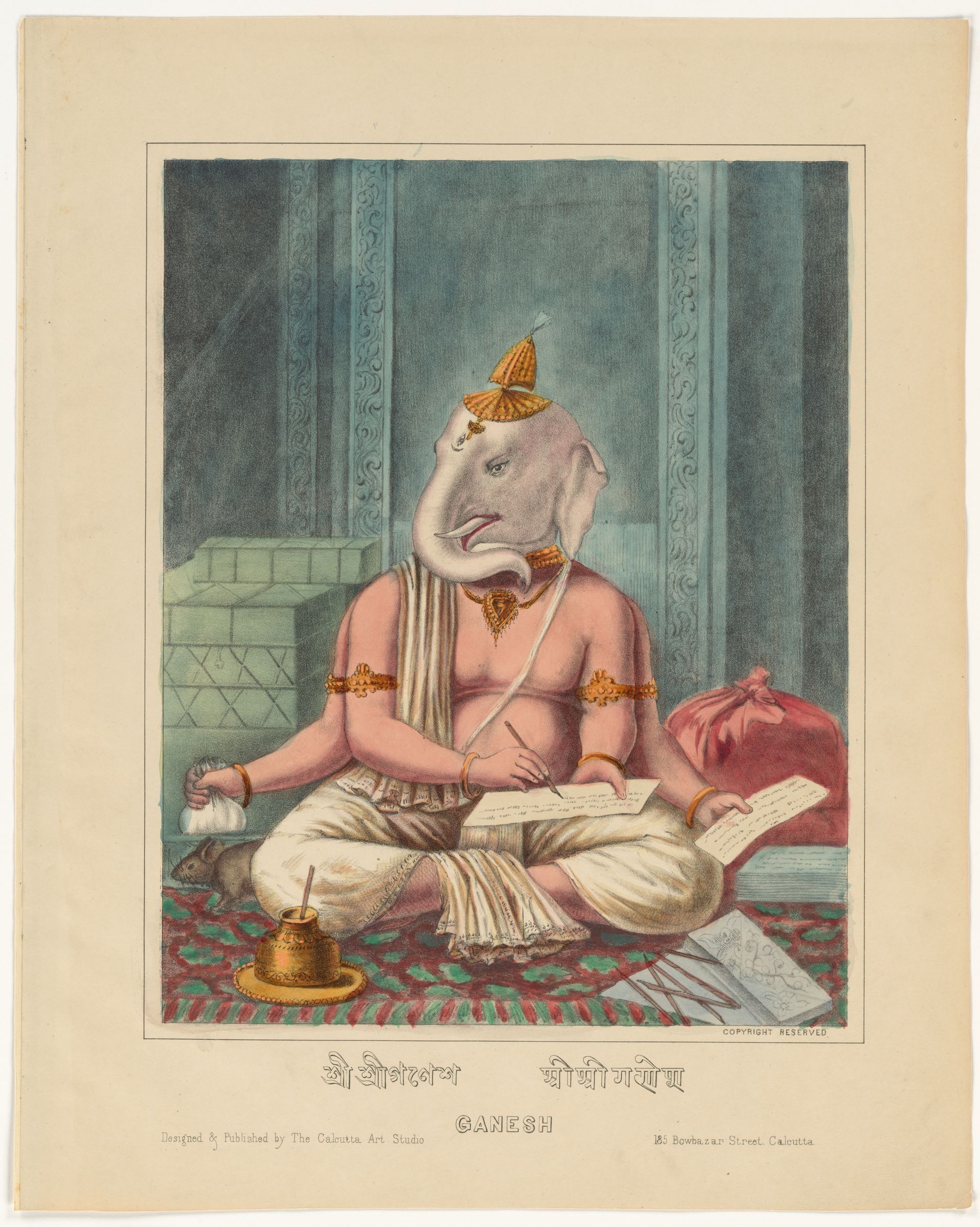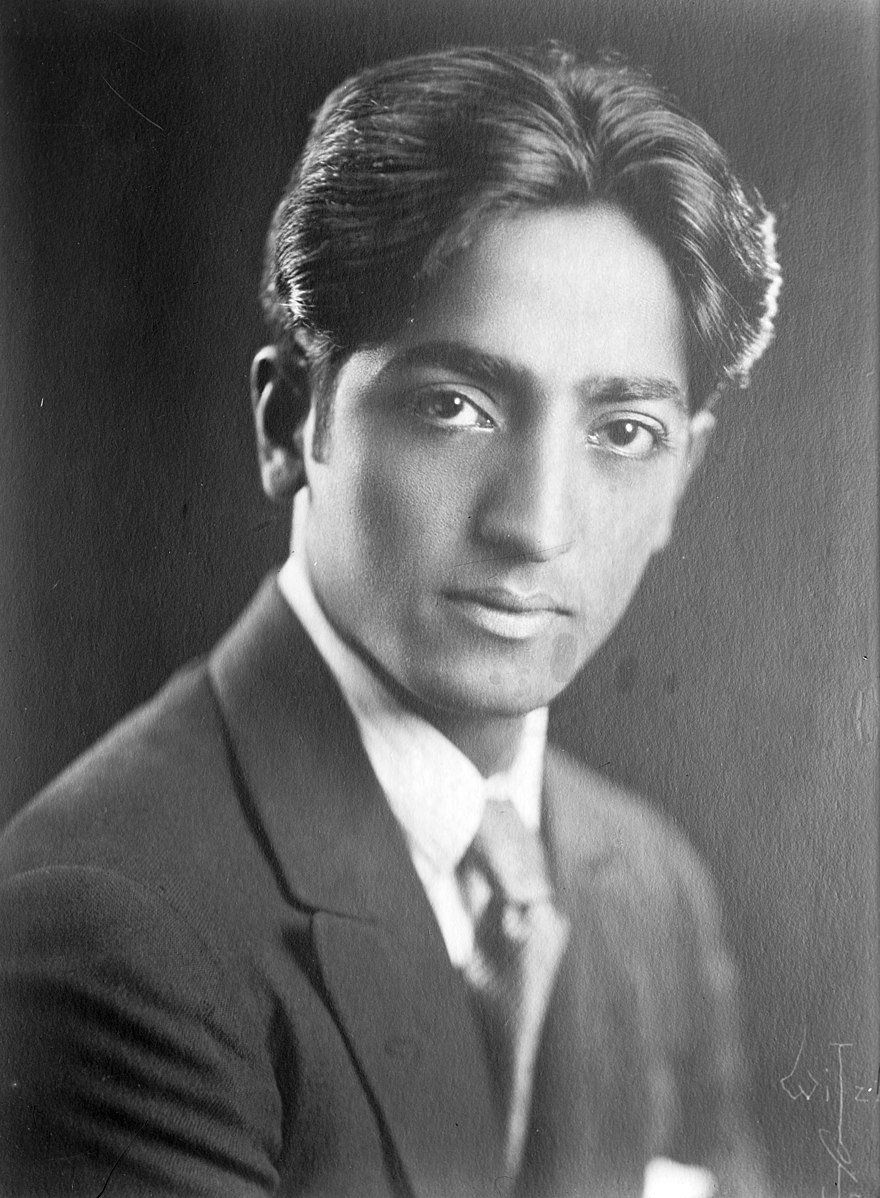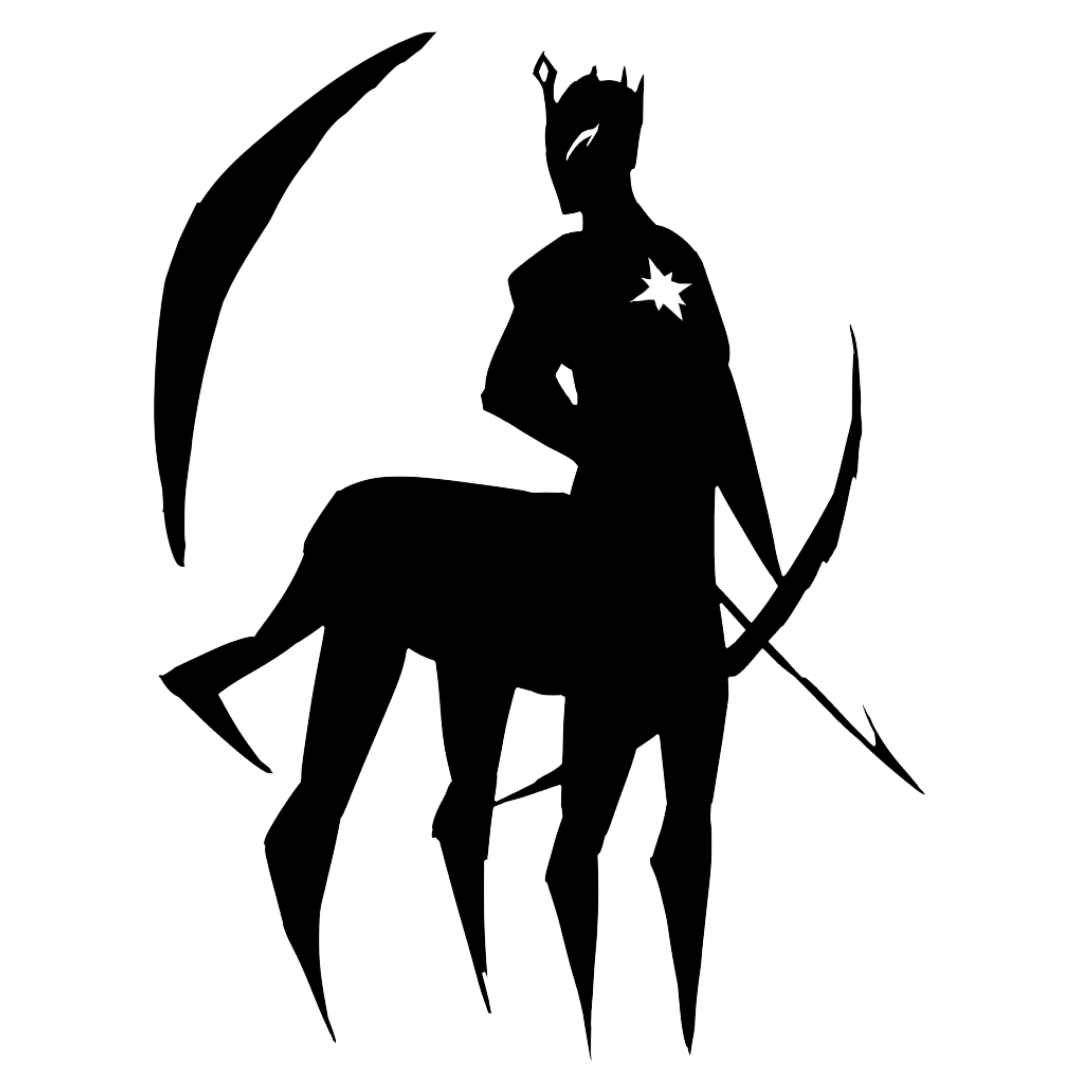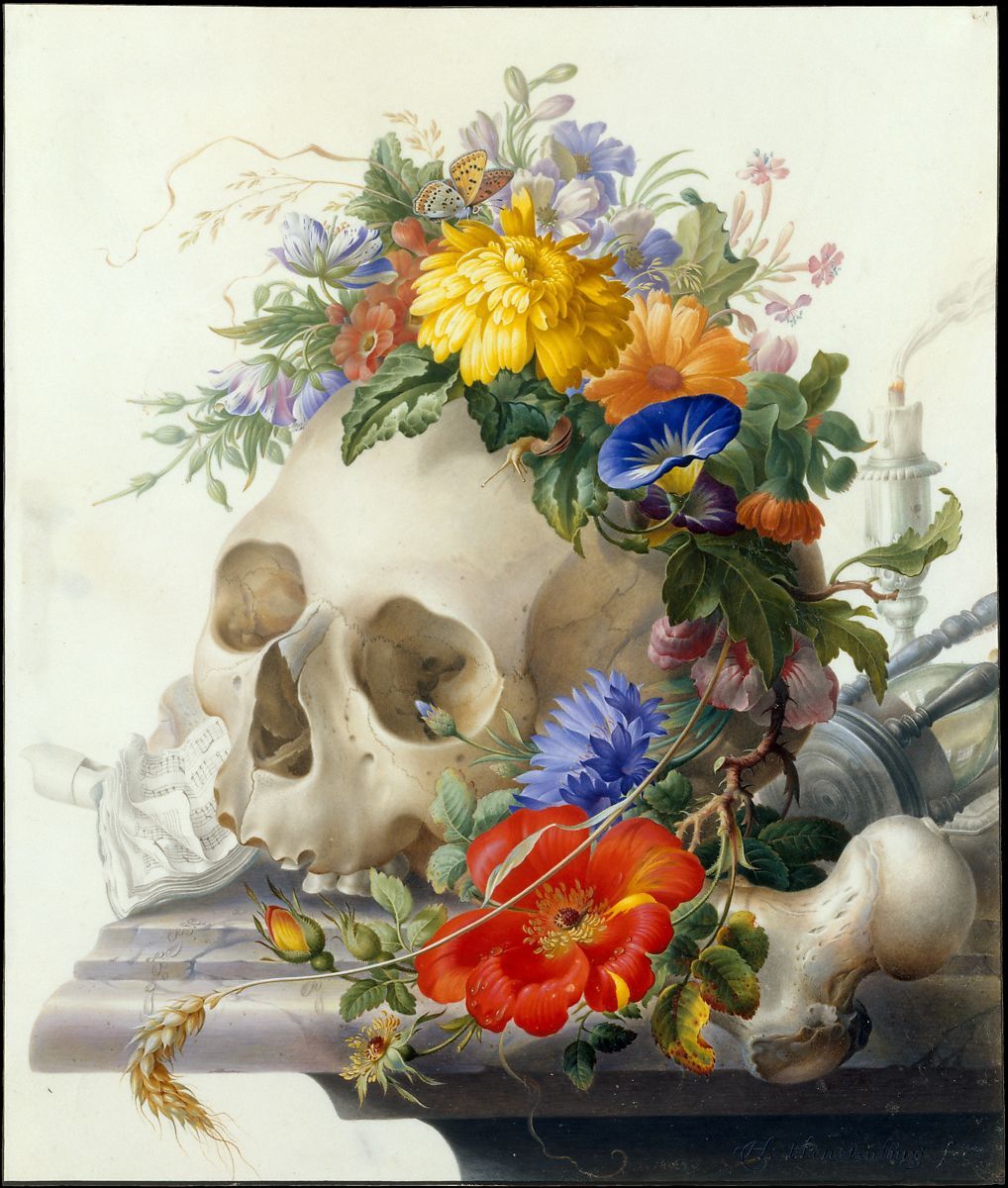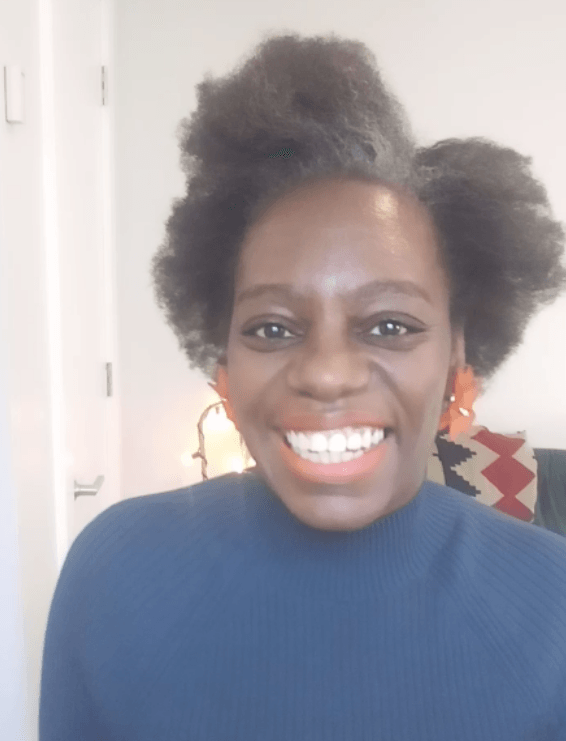POÎÉSIS | What Makes Great Poetry 🔱
Updated Sept. 26, 2021
POIESIS
Ars Poetica #1 : What makes great poetry?
Harmony, absolute, total, intrinsic; within.
Harmony builds up in Poets as they mature.
Have you ever been in those gatherings where people, once inebriated, talk about Poetry? Some with obscure language, others with haughty chins: academics, publishers or regular consumers of poets labeling themselves "connoisseurs."
And you don't say anything. Or you try, but no one listens.
And you go home, open your poetry collection. 50 copies, 5 sold, self-published.
And you feel you should give up.
This one's for you.
I'm not saying it'll be easy.
(You'll probably grieve. Repress it until you can't.)
This one's for you,
the poet, the hesitant, the brave, the awkward, the silent;
a master of perception
in the making.
Herman Henstenburgh, Vanitas (Nature morte. Still life), 18th century. The Met, New York, NY
Evening Solace, Charlotte Brontë
I recommend Roy Campbell's English translation.
Hermann Hesse, A Dream About The Gods
He is becoming one, they say, he does not see;
he is becoming one, they say, he does not smell,
he is becoming one, they say, he does not taste;
he is becoming one, they say, he does not speak,
he is becoming one, they say, he does not hear;
he is becoming one, they say, he does not think,
he is becoming one, they say, he does not touch;
he is becoming one, they say, he does not know.
The point of his heart becomes lighted up
and by that light the self departs
either through the eye or through the head
or through other apertures of the body.
And when he thus departs, life departs after him.
And when life thus departs, all the vital breaths
depart after him.
He becomes one with intelligence.
- The Upanishads (somewhen, in a long, long, long, distant past)
Don't die yet
Mature poetry confronts death and comes back. Aim for that, but don’t die yet.
Cherish Life, cherish Poetry, Sat, and don’t forget to be kind to your biological self. Amass experience, transmute, and last. Amass youth and get old. The older the Poet, the better the Poet. Old is close to death, the last intensity, but old is also the memory of your origins. You may not like it, but that's law. You will get old, too.
Take shelter in and wisdom from your fathers and mothers in Poetry ; they are your origin. Your desire to become a Poet was born in them first. Study them. Don't be afraid to read. Reading is distant observation.
Read in foreign languages . Learn foreign, ancient, and strange languages. Discovering how other Poets express Poetry will sharpen your poetic sense, widen your perception, and you may come up with novel forms (art), rhythms, and music. Since there has been Poets from times immemorial and there is Poetry in all the world's languages, Poetry may be a meta-language, the universal tongue: Poetry survived the end of myth in our western societies and the rise and dominance of logic. Poetry exists within, without, and alongside conscious or semi-conscious symbolism, dreamlike states, altered states of consciousness, mysticism, and reason and does not try to combat them. Track elemental Poetry so you can speak pure Poetry.
Squeeze language . Put it under pressure and see what happens. Read a lot. Read until practice is all you can do.
You will mimic the masters first, then you will grieve in front of their timeless genius, then you'll be angry, then you'll praise them or yourself. At that point, know that worship is the only way out of mediocracy (inertia), hubris, or despair. Worship of Poetry.
In Vedic Theory of Speech, Vak, there are 4 stages of speech.
1. Para-vak, the supreme speech you cannot fathom (this ends the drama, right?)
2. Pashyanti, the subtlest, seeing speech; one you cannot fathom yet (I know. There's hope)
3. Madhyama or middle speech clothed in mental substance, thoughts; and
4. Vaikhari, speech emitted in sounds which require movements of lips, tongues; words. Gross.
Poetry is a travel through speech, which originates in perception. So, as Poets, we journey from the grossest to the subtlest perception and somehow, along the way, after much work, dedication, discipline (are you a disciple yet?), and greater and greater selflessness, we might receive the gift of poetic vision from Para-vak Herself. I guess traveling from Vaikhari to Pashy anti takes centuries. Or many, many returns.
Patience. The 23rd century is not cancelled.
Yet.
Reading suggestions
- The Waste Land And Other Poems, T.S. Eliot
- The Fairy Tales Of Hermann Hesse
- Les fleurs du mal (Flowers of Evil), Charles Baudelaire. English translation by Roy Campbell
- Charlotte Brontë in A Poetic Side Of Me, a great poetry blog
- The Upanishads, The Vedas, The Mahabarat, The Quran, Enuma Elish, The Poetic Edda, The Prose Edda, The Torah, The Bible, The Talmud, The Book Of Overthrowing Apophis, The Book Of The Dead (Egyptian and Tibetan), The Popol Vuh. All these are works from the first Poets. Don't worry. Once you transcend hubris, you will be the last.
- Lemurian Scrolls. Call it a chronicle of the Soul's journey or a new, cosmic myth.
- Whatever book came to your mind while reading this article
- Whatever Poet from the present or the past you feel close to or despise
- {R}
Murielle Mobengo is the founder of Revue {R} and a poet. She inquires poetic existence, the origins of Poetry, and its proximity with Mythology, the religious sources of Art, and Philosophy. She composes in English, French, German, and has a fondness for Western ancient languages & Sanskrit. Passionate about symbols–which in her opinion and as a whole, express pantheism–, Murielle defines herself as a symbolist and a mythologist. Murielle Mobengo is a disciple of Kashmiri Shaivism, the non-dualist Eastern philosophy where Yoga originated.
Revue {R}évolution
